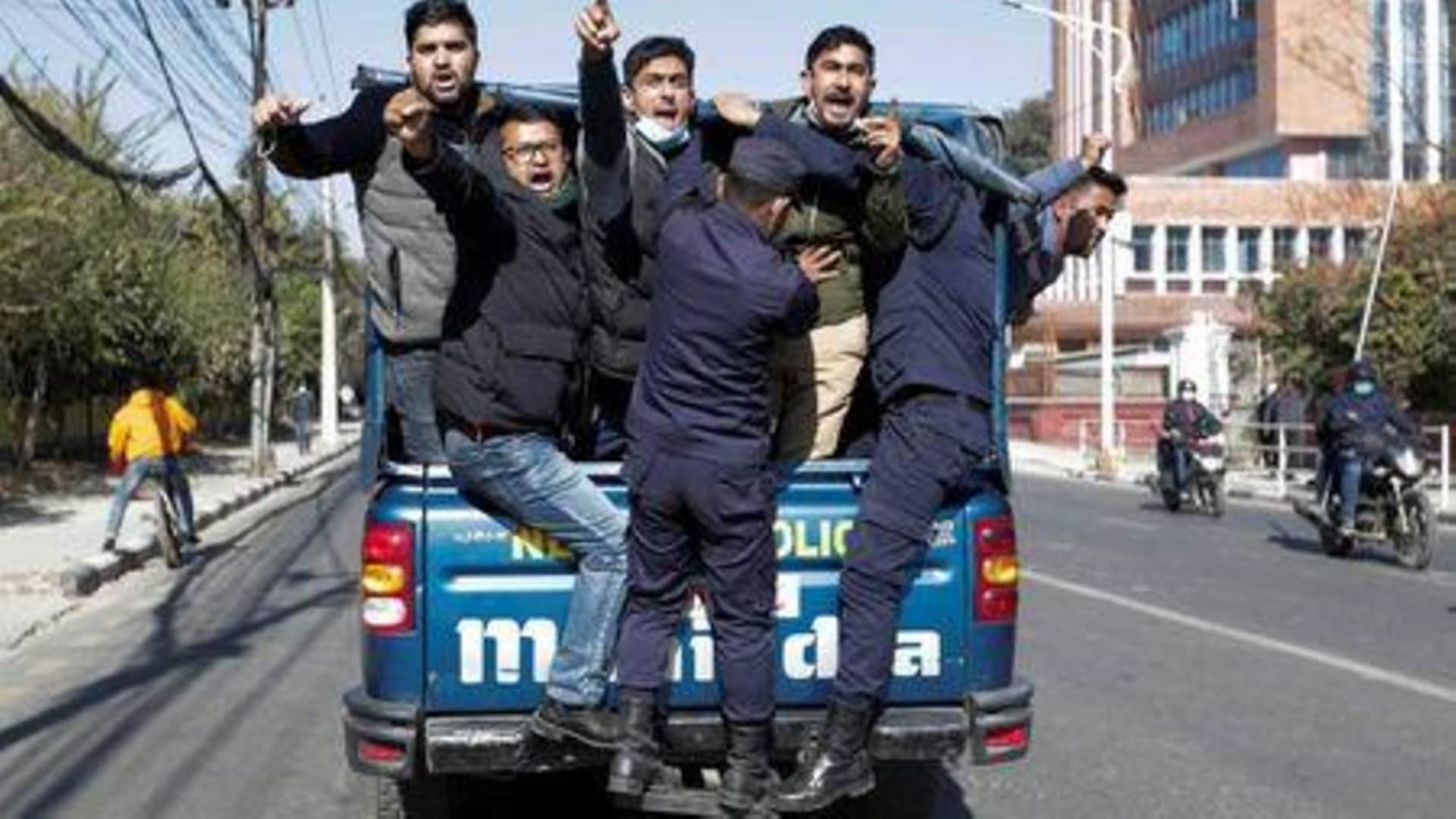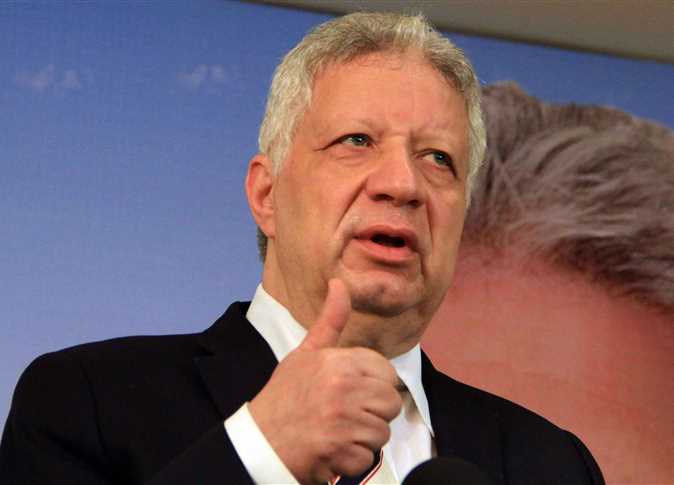
Socialist Popular Alliance Party Chairman Medhat al-Zahed has opined that the next parliament will be loyal to the executive authority in a recent interview with Al-Masry Al-Youm.
AMAY: How do you see the law demarcating the recently issued constituencies?
Zahed: There has been no change or response to the demands of political parties and political forces to increase the number of electoral lists to eight, which would reduce the area each list covers and allow for more communication between candidates and voters. Some parties have objected to the fact that the electoral system does not ensure a fair representation and homogeneity of voters. The current electoral system allocates 80 percent to single-run seats and 20 percent to lists, wasting millions of votes.
AMAY: As a member of the Democratic Current, why have you asked for an increase in the proportion of lists, compared to the single-run seats?
Zahed: The current ratio of the electoral system is exclusionary, especially as the predominance of the single-winner voting system allows the return of a pro-executive authority parliament and allows the candidacy of businessmen at the expense of workers and farmers, especially after the abolition of the 50 percent quota of parliamentary seats for workers and farmers.
The high nomination fees will only be available for the rich, giving little chance to smaller political parties.
AMAY: How do you see the government's insistence on the presence of four electoral lists and not eight, as you demanded?
Zahed: I feel that the government has a plan it does not want to disclose after it ignored the proposals of political parties during the dialogue sessions. I feel that the government is giving the Nour Party the opportunity to win, in light of the failure of the unified list.
AMAY: Do you see that the law demarcating constituencies solves the problem of the existence of absolute lists?
Zahed: Unfortunately, the law demarcating constituencies exacerbates the problem in light of applying the absolute list system, as the absolute list wastes votes and does not ensure a positive representation, so we suggested either allocating 50 percent for the individual seats and lists, or applying the 40-40-20 system, or a two-thirds system.
AMAY: Is there a relation between the delayed issuance of election laws and the law on the application of political rights?
Zahed: I think that there is an ongoing conflict between the Interior Ministry, the Supreme Constitutional Court and the High Elections Commission as the government attempts to prevent the Muslim Brotherhood and Islamists from running the parliament by paving the way for tribes and large families to run the parliament, while the Supreme Constitutional Court, on the other hand, seeks constitutional election laws.
For the law on the exercising of political rights, the general climate does not show any intention to allow political activity.
AMAY: What drives you to predict that the law would be challenged?
Zahed: There are people who do not want a parliament and have declared repeatedly their desire to postpone the elections in order to give the president an opportunity to implement his own vision and prevent the parliament from becoming a hindrance. Therefore I feel that there is a determination to issue a flawed constitutional legislation that will be challenged. It is also evident that the government is determined to ignore the demands of the political parties regarding the election laws.
AMAY: Isn't this a pessimistic view about the next parliament?
Zahed: Indications show that the next parliament will be like previous parliaments, which will push young people to form many political movements to express their demands after their failure to express them through the parliament.
Edited translation from Al-Masry Al-Youm




